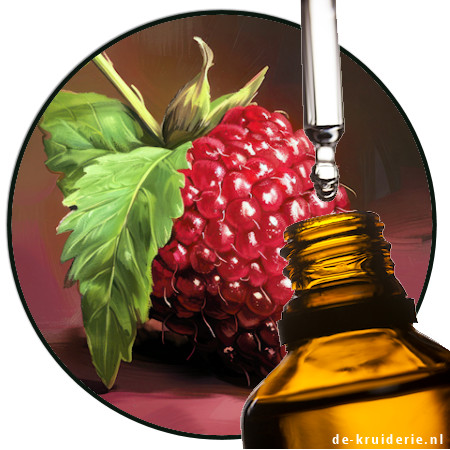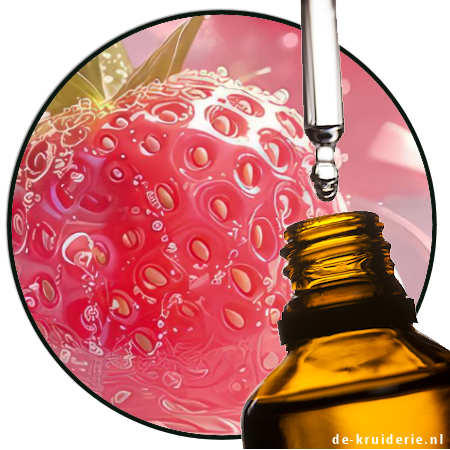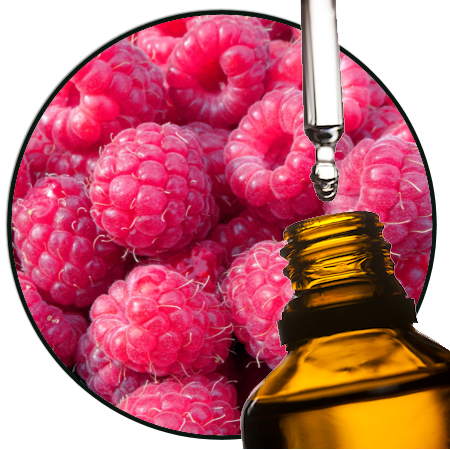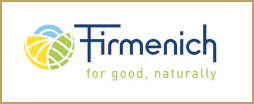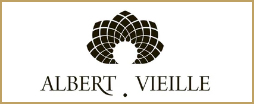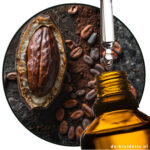
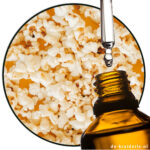
Raspberry Ketone (AC)
Nature identical
Fragrance : A refined fragrance with the character of freshly picked raspberries covered in morning dew.
Softly sweet and sour, transparent and seductively gourmand — perfect for perfumes that combine elegance and playfulness.
The scent is also reminiscent of red fruits, candy and summer blossoms.
Fragrance group : fruity
Fragrance strength : medium
Fragrance duration : 4 to 6 hours
Recommended dosage : 0.1–2%
CAS : 5471-51-2
Appearance : solid, white to light yellow powder
1st Class Quality Products
All fragrances are selected with care
Delivery from stock
We supply everything from our own stock, unless otherwise stated on the product itself.
Raspberry Ketone is the key molecule behind the sweet, juicy scent of ripe raspberries.
Widely used in perfumery to add a fruity, youthful and gourmand nuance.
Ideal for playful, floral or summer-inspired compositions.Usage:
• As a top or heart note in fruity or floral perfumes
• Pairs beautifully with rose, lychee, citrus and vanilla
• Also suitable for lip balms, body care and scented cosmeticsStrength (Impact)
Raspberry Ketone has a noticeable but soft projection.
It’s not a loud, diffusive top note like citrus oils, but it does lend a clear, juicy-fruity brightness—especially in the top and heart of a composition.
It’s often used at 0.1–2% in the concentrate to give a natural raspberry nuance without overpowering the blend.
- Effect: Adds freshness, sweetness, and a slightly tart edge
- Best used in: Fruity florals, gourmands, youthful or playful accords
Longevity (Tenacity)
On its own, Raspberry Ketone has moderate tenacity—it lasts longer than most fruity top notes but doesn’t have the fixative power of base notes like musks or woods.
- Estimated longevity on blotter: 4–6 hours
- On skin (in formula): Depends on dosage and fixatives, but typically contributes to the heart phase of the perfume
- Tip: Pair with soft musks, ambrettolide, or vanillin to extend its presence
Is Raspberry Ketone a natural isolate?
No — Raspberry Ketone (CAS 5471-51-2) is not typically a natural isolate.
Although it occurs naturally in raspberries, it is present in such tiny amounts that isolating it directly from fruit is economically and environmentally impractical.Therefore, in perfumery and cosmetics, it is almost always used as a nature-identical molecule, produced via synthesis to match the natural structure.
- ❌ Not a natural isolate
- ✅ Nature-identical (synthetically produced, identical to the natural molecule)
- ⚠️ Not compliant with ISO 9235 (natural standard)

